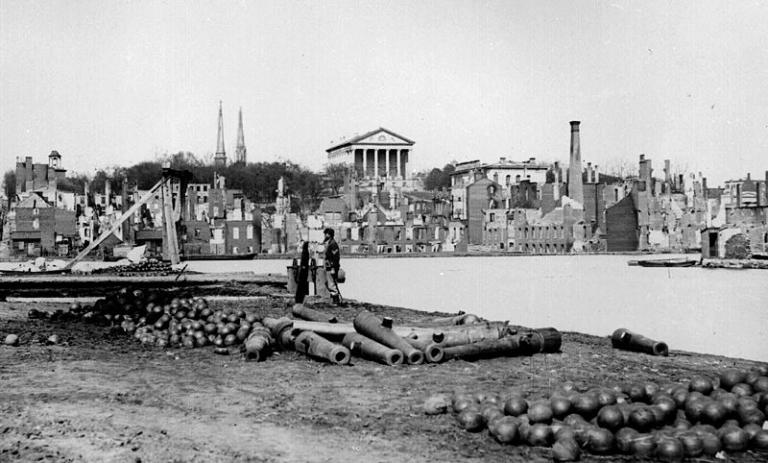
(Wikimedia Commons public domain)
I’m not absolutely sure that the person who called my attention to this article — which is sure to cause indignation (and, perhaps, indigestion) in some circles — wants his/her name publicly disclosed. So, for the moment at least, I’m going to withhold it. I’m grateful, however, that s/he brought it to my attention:
http://www.mormonwomenstand.com/a-protected-class-of-sin/
A very few years ago, a statement such as this would have been utterly uncontroversial. It’s a measure of how far we’ve come — for better or for worse — that publishing sentiments like these today can plausibly be viewed as either (a) an act of remarkable moral courage or (b) amazingly foolhardy. (Not to mention that, in some quarters, it will be regarded as a hate crime, a display of hateful bigotry, and a throwback to days of evil that we’ve thankfully left far behind.)
It’s an interesting exercise, though.
I tend to think that, if we work hard enough at it, social/psychological/familial factors can almost always be identified as factors contributing to (or, sometimes, even mitigating or extenuating) many acts — e.g., pedophilia, shoplifting, infidelity, gang affiliations, spouse and child abuse, alcoholism, drug addiction, embezzlement, fraud, and so forth — that we typically regard as deeply problematic if not altogether sinful and/or criminal. If you substitute one of those in discussions of same-sex marriage in the manner suggested by this article, though, you’ll probably notice that they just don’t work. Or, for the fun of it, try substituting the word polygamy.
Posted from Richmond, Virginia











